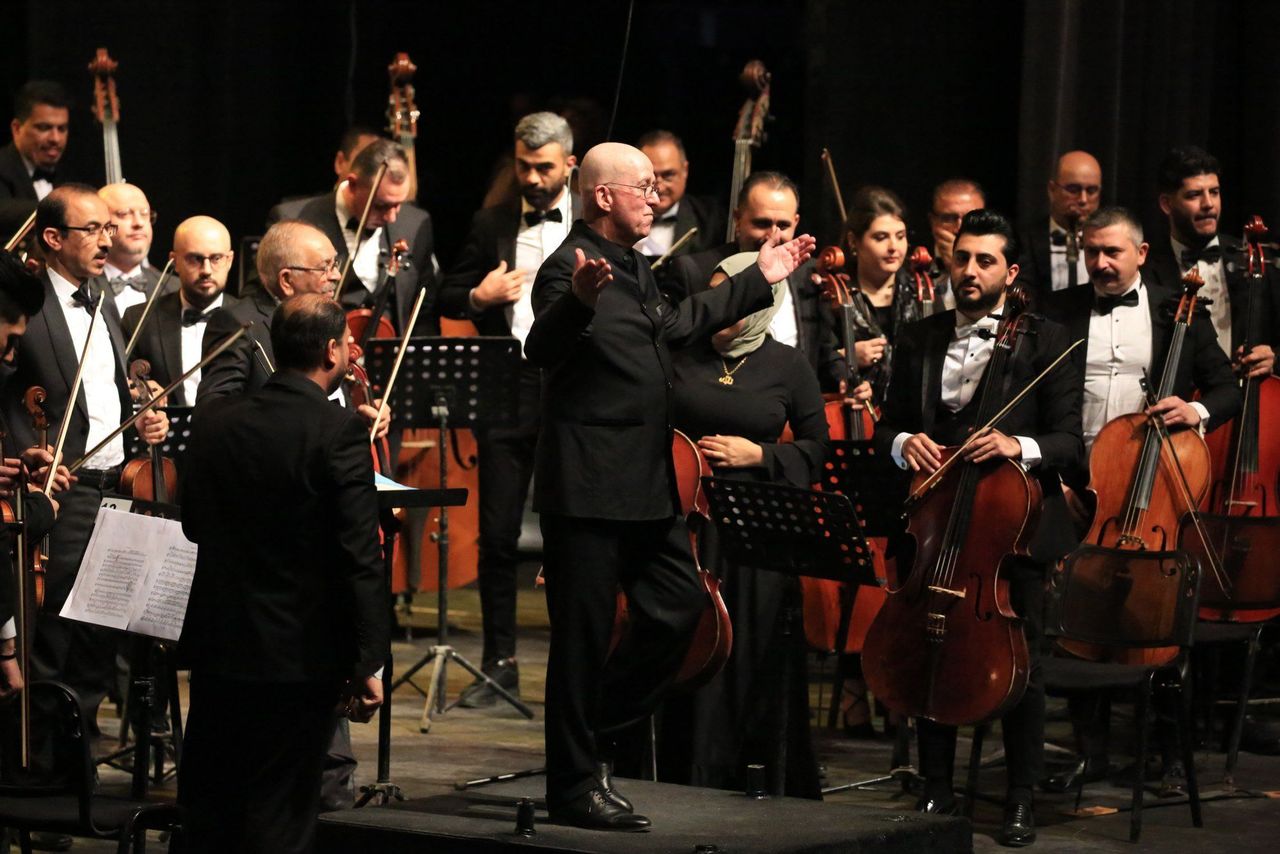Hong Kong News

What Hong Kong needs to be a truly world-class cultural hub
Much ink has been spilled on Hong Kong’s role as an international cultural hub. Talk of doubling down on more infrastructure, facilities and venues is welcome – after all, there can be no systematic cultural outreach and development without the hardware.
Yet as we see it, Hong Kong has a long way to go to become a truly world-class cultural hub. What is missing is “soul”, a vision to steer and support the cultivation of Hong Kong’s software and human capital for international exchange. Culture and the arts are no exception in the global war for talent.
We propose three solutions: a paradigm shift in cultural education, a reorientation of strategy in cultural policymaking and research, and a genuine effort to broaden cultural exchanges.
First, our education system needs a radical upgrade. Few are born ardent or apathetic towards the arts; interest is cultivated.
Offering a wider range of subjects, such as theatre studies, fashion design and cultural studies, may not always be feasible given the lack of qualified teachers. But the Education Bureau and non-affiliated schools can still imbue elements of cultural studies and artistic analysis in the curriculum, whether by exploring Chinese history and literature through kunqu, or ethics and religious studies via drama and acting.
For teachers of fine arts, there seems to be a lack of clear on-the-job training and inclusion in decision-making over time allocation and curriculum design; the bureau must tackle this.
Universities should work more closely with local performance groups and veterans to use drama and expressive arts as teaching tools, as has been done in the Hong Kong School of Creativity, which Danny co-founded.
To achieve genuine mainstreaming of artistic thinking, we need a more critical, dialectical and questioning-driven style of education, one that does not fixate on taboos and red lines. The question should not be just, “How much can I earn after I graduate?” It should also be: “Can I truly enjoy and find meaning in what I learn?”
Second, we need to see through a cultural blueprint – this requires us to develop and verify through practice some guiding principles. Ideally, Hong Kong should leverage its role as the most international and progressive Chinese city.
This is easier said than done. There are clear constraints – some political, others rooted in more mundane, risk-averse bureaucratism – that render artistic experimentation in the city somewhat precarious. It is thus difficult, albeit necessary, for those seeking to advance international exchange to steer clear of boundaries in contentious domains, while breaking new ground in less contested and politicised areas.
Importantly, Hong Kong can ill afford to be isolationist and inward-looking with its cultural policy. We should take a leaf from established institutions such as the Asia Society, Japan Foundation and Goethe-Institut, which have long served as crucial bridges across cultures and peoples – at times amid great geopolitical tensions. The research units within such multinational institutions are not preoccupied with questions of funding, resources and sales of artworks, but with broader, strategic questions of how artistic and cultural dissemination and preservation can be achieved.
 German conductor Hans Rottmann led the Iraqi National Symphony Orchestra
in a performance at the Iraqi National Theater in Baghdad, Iraq, on
November 8, as part of an event supported by the Iraq Ministry of
Culture and the German Goethe-Institut. Hong Kong should learn from
established institutions such as the Goethe-Institut on shaping a
cultural policy that builds bridges across cultures and peoples.
German conductor Hans Rottmann led the Iraqi National Symphony Orchestra
in a performance at the Iraqi National Theater in Baghdad, Iraq, on
November 8, as part of an event supported by the Iraq Ministry of
Culture and the German Goethe-Institut. Hong Kong should learn from
established institutions such as the Goethe-Institut on shaping a
cultural policy that builds bridges across cultures and peoples.
A think tank dedicated to cultural diplomacy is a vital first step. Here, the research into the arts would be driven by dual considerations. Firstly, the need to restore and enrich the city’s soft power. Secondly, the lived experiences and needs of independent and grass-roots artists who have borne the brunt of the city’s harsh Covid-19 measures.
This brings us to the final point. No cultural hub can flourish without international exchange. Exchange is unlikely to be effective if the scope of arts deemed relevant for international exchange is limited to just the highbrow: art that, for example, is valued in high society. True exchange should occur across all levels, all socioeconomic strata, and ideological or political cleavages.
Chief Executive John Lee Ka-chiu has pledged HK$60 million (US$7.7 million) a year to support the music and arts scene. It would be great if some of it were allocated towards supporting artist-in-residence programmes to enable international artists to share their insights with their counterparts in the city.
Additionally, the preservation of local cultural legacies, ranging from tangible sites of historical interest, to intangible rituals and traditions, must take priority over the coming years, as Hong Kong seeks to navigate fundamental questions over its identity, history and roots. We must leverage the insights of experts from mainland China and overseas alike, and learn from the successes and failures of others.
A truly culturally vibrant cosmopolis is one that embraces pluralism and an ethos of experimentation, eschews bureaucratism, and where we can live with those with whom we disagree. That’s the Hong Kong we love.











